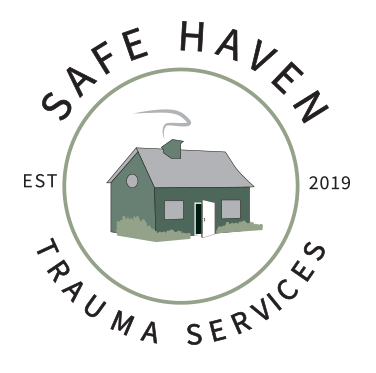Trauma Therapy: What's the Process? - Part 1
A lot of people come into therapy asking the question, “How long will this take?”. I’ve also had people ask me if they’re going to be in therapy forever. As a survivor of trauma, I’ve asked myself these questions too. So, from both a professional and personal standpoint, I’d like to detail my experience below.
There is no specific timeframe for how long therapy takes. People come to therapy with different levels of trauma and different traumatic experiences. In general, single incident traumas don’t take quite as long to process and move through. Attachment wounding, developmental trauma, complex trauma, and severe dissociation take a bit more time. Additionally, people come to therapy with different levels of resources. When I say resources, I mean different strengths, support systems, resiliencies, coping skills, etc. You are not weaker or less than if you come to therapy with few healthy resources. That likely means you have not had the support and tools you have needed. That doesn’t mean you don’t have ways of coping. EVERYONE has developed their own ways of coping with life’s difficulties through their own creativity and resourcefulness. That’s why you are here today. That’s why you survived.
Healing happens in stages. At Safe Haven Trauma Services, we follow stage-oriented treatment. Judith Herman writes about stage-oriented treatment in her book, Trauma and Recovery. The first stage involved establishing safety and stabilization. This is where we work on minimizing things like suicidal ideation, self-harm, eating disorder behavior, addictive behavior, etc. At Safe Haven TS, we don’t try to take these behaviors away from you. We understand that these behaviors have gotten you to where you are today. We do, however, teach you different skills and strengthen other resources, so that you can feel like you have other options to choose from. That way you don’t always have to go down the same old path, choosing the same old behavior. You can learn to pause, assess the situation, and mindfully choose a new, healthier way. Here is always where we strengthen your support system. It is where we help you look curiously at the past to see where certain behaviors come from and how they have helped you to survive. We work with you on realizing that you don’t have to keep going down the same path, using the same behaviors that are sometimes self-destructive. For complex trauma, but especially dissociative disorders like OSDD and DID, this phase can sometimes take years. I know that may feel discouraging, but when you’ve experienced years of trauma, there’s no way to heal all those years in 3 months or even 6 months.
Stay tuned for Part 2 of this post!

